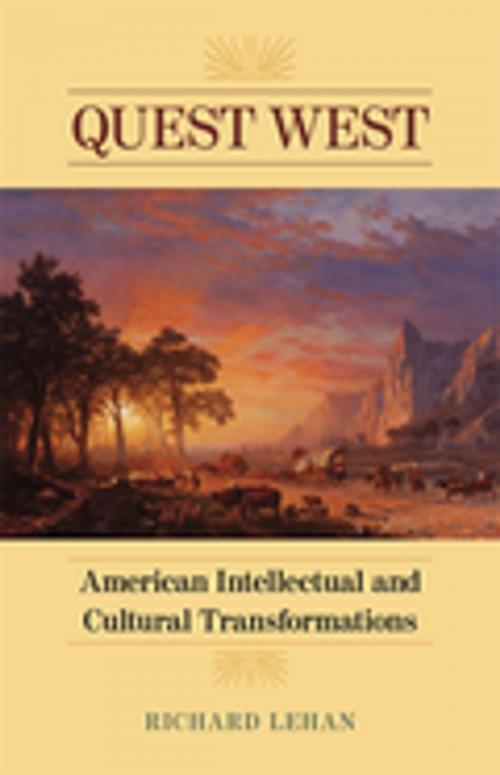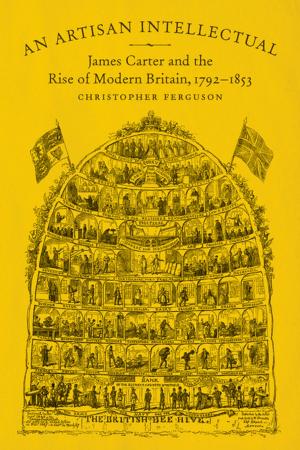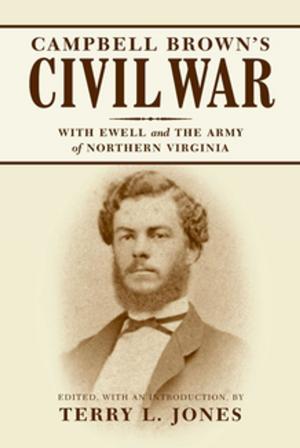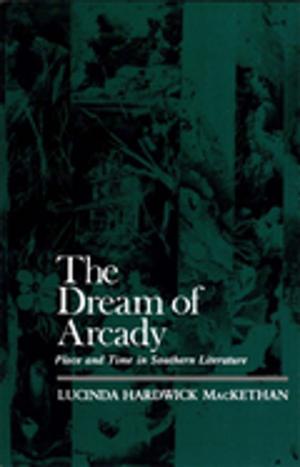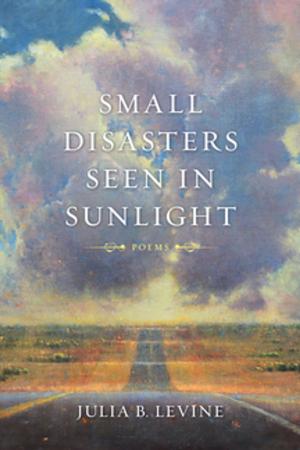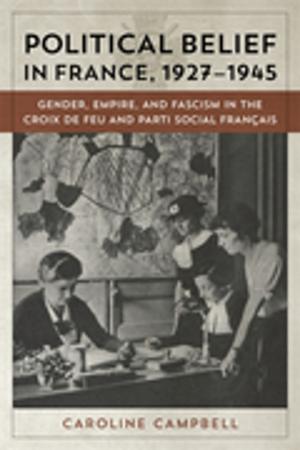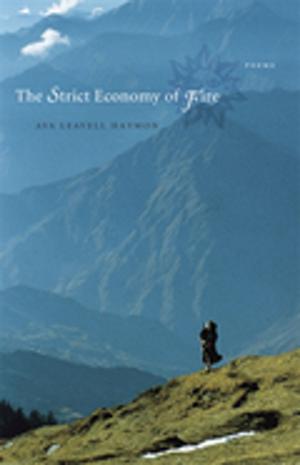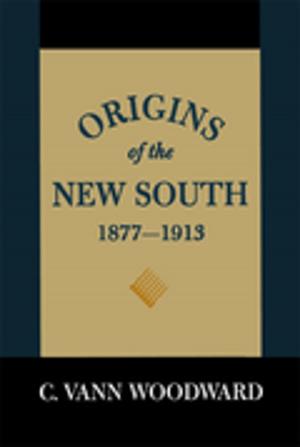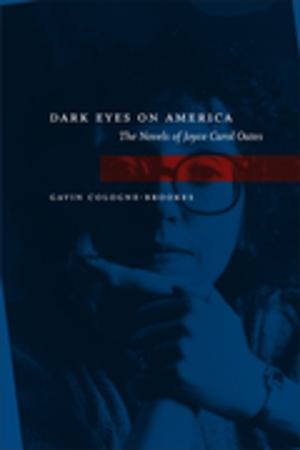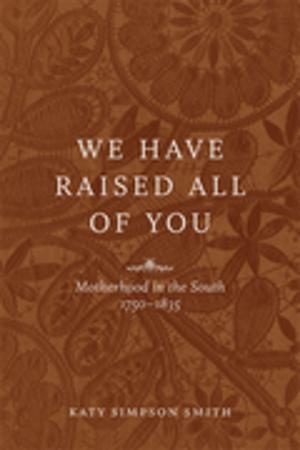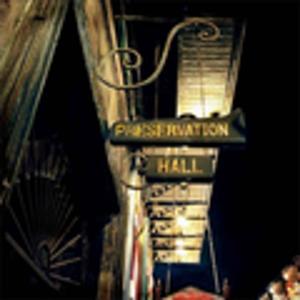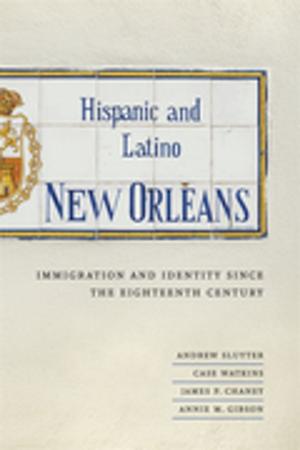Quest West
American Intellectual and Cultural Transformations
Fiction & Literature, Literary Theory & Criticism| Author: | Richard Lehan | ISBN: | 9780807153932 |
| Publisher: | LSU Press | Publication: | May 5, 2014 |
| Imprint: | LSU Press | Language: | English |
| Author: | Richard Lehan |
| ISBN: | 9780807153932 |
| Publisher: | LSU Press |
| Publication: | May 5, 2014 |
| Imprint: | LSU Press |
| Language: | English |
Few spaces remain as central to American consciousness as the western frontier. The vast territory, which for generations fueled the desires and conquests of artists, philosophers, and politicians alike, now offers new discoveries in Richard Lehan's Quest West. Through an intellectual and cultural history of the frontier experience, Lehan details the transformations of ideas and literary forms that occurred as the country expanded to the west and demonstrates how the wilderness, and then by turn the urban frontier, represent an ideological summary of the nation itself. His study involves the foundations of belief and the realms of evolving interpretations, from mythic destiny to the more regional address of historicism. In both instances, the desire is to find meaning in the lost past.
By tracing the evolution of Frederick Jackson Turner's famous thesis -- that the unchartered frontier ended in 1890 and was replaced with an equally precarious urban landscape -- Lehan argues that the two spaces became the basis for a division still evident in America today. Historically, the wilderness accommodated conservative thinking, while urban environments proved more conducive to liberal values. Ideologies stemming from the two regions, as Lehan shows, found literary equivalents in fictional narratives ranging from subgenres like the Western and naturalism to modern forms like neorealism and noir, extending even into the postmodern.
Lehan offers a view of the West as a cultural phenomenon borne of ideological changes, encompassing historical and literary movements -- from Puritan perspectives to the revisionist claims of Mark Twain and Walt Whitman, from homesteading to imperial ambition. Quest West traces these competing ideas as they appear in the works of major American writers such as James Fenimore Cooper, Walt Whitman, Willa Cather, William Faulkner, F. Scott Fitzgerald, John Dos Passos, Nathanael West, and John Steinbeck.
An important work of literary and historical scholarship, Quest West presents compelling evidence that the meaning of America remains inseparable from the march of seminal ideas westward.
Few spaces remain as central to American consciousness as the western frontier. The vast territory, which for generations fueled the desires and conquests of artists, philosophers, and politicians alike, now offers new discoveries in Richard Lehan's Quest West. Through an intellectual and cultural history of the frontier experience, Lehan details the transformations of ideas and literary forms that occurred as the country expanded to the west and demonstrates how the wilderness, and then by turn the urban frontier, represent an ideological summary of the nation itself. His study involves the foundations of belief and the realms of evolving interpretations, from mythic destiny to the more regional address of historicism. In both instances, the desire is to find meaning in the lost past.
By tracing the evolution of Frederick Jackson Turner's famous thesis -- that the unchartered frontier ended in 1890 and was replaced with an equally precarious urban landscape -- Lehan argues that the two spaces became the basis for a division still evident in America today. Historically, the wilderness accommodated conservative thinking, while urban environments proved more conducive to liberal values. Ideologies stemming from the two regions, as Lehan shows, found literary equivalents in fictional narratives ranging from subgenres like the Western and naturalism to modern forms like neorealism and noir, extending even into the postmodern.
Lehan offers a view of the West as a cultural phenomenon borne of ideological changes, encompassing historical and literary movements -- from Puritan perspectives to the revisionist claims of Mark Twain and Walt Whitman, from homesteading to imperial ambition. Quest West traces these competing ideas as they appear in the works of major American writers such as James Fenimore Cooper, Walt Whitman, Willa Cather, William Faulkner, F. Scott Fitzgerald, John Dos Passos, Nathanael West, and John Steinbeck.
An important work of literary and historical scholarship, Quest West presents compelling evidence that the meaning of America remains inseparable from the march of seminal ideas westward.
